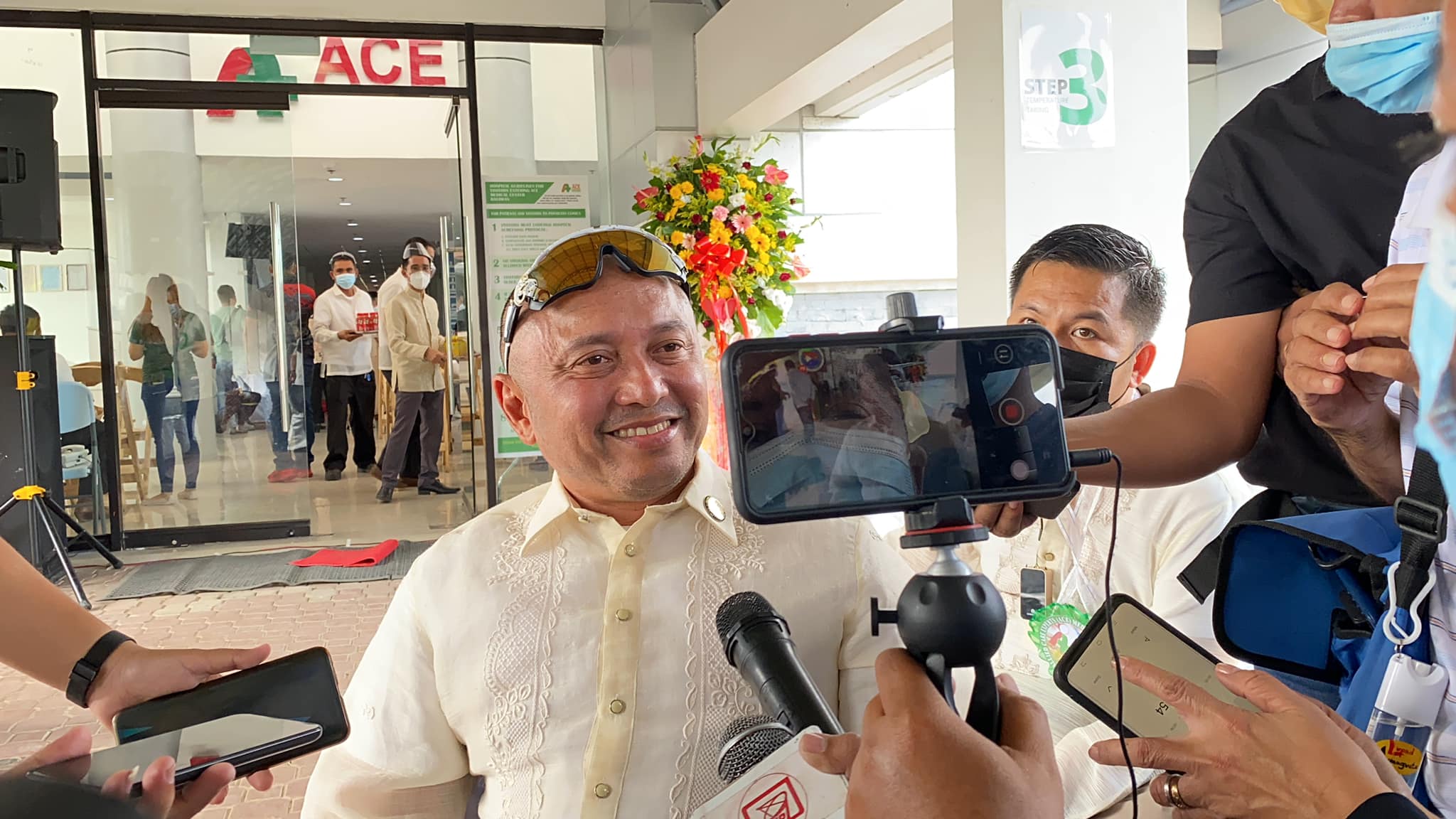News
Raps filed vs. Teves, cohorts for Degamo slay; warrants out soon

Pending the issuance of a warrant of arrest, Clavano said Teves could not be labeled as a fugitive even if he has not returned to the Philippines since the expiration of his official business leave on March 9. (File photo: Congressman Arnie A.Teves/Facebook)
MANILA – Criminal charges have been filed against expelled Negros Oriental congressman Arnolfo Teves Jr. and four of his cohorts for the killing of Governor Roel Degamo and nine others, the Department of Justice (DOJ) confirmed Saturday.
DOJ spokesperson Mico Clavano said murder, frustrated murder and attempted murder cases were filed before the Manila Regional Trial Court (RTC) on Aug. 18.
Clavano said the DOJ is hopeful the court would issue the warrant of arrest against Teves “in the next few days.”
“‘Yung Degamo case po ay na-i-file na rin po sa Manila. ‘Yun po ay nasa korte na rin at hinihintay na lang po natin ang (The Degamo case has already been filed in Manila. It is before the court and we are awaiting the issuance of a) warrant of arrest,” he said during the Saturday News Forum in Quezon City.
Eleven other suspects were slapped with similar cases in July.
An earlier charge against Teves and others for three deaths in 2019 was filed before the Bayawan City RTC in Negros Oriental.
The former congressman and 12 others were designated as terrorists by the Anti-Terrorism Council for killings in the province, including the March 4 assassination of Degamo and nine others.
Clavano said a request was sent to transfer the trial venue to Manila.
“(G)usto natin na neutral ground ang magiging venue para sa kaso (We want the venue for the case to be in a neutral ground),” he said.
Pending the issuance of a warrant of arrest, Clavano said Teves could not be labeled as a fugitive even if he has not returned to the Philippines since the expiration of his official business leave on March 9.
On Aug. 22, the House of Representatives adopted House Resolution 1212, which certified “to the existence of a vacancy” in the third congressional district of Negros Oriental and called on the Commission on Elections to hold a special election to fill the seat formerly held by Teves.
Another applicable law on synchronized elections states that the special election shall be held “not earlier than six days nor longer than 90 days after the occurrence of the vacancy.” (With a report from Joyce Rocamora/PNA)





















